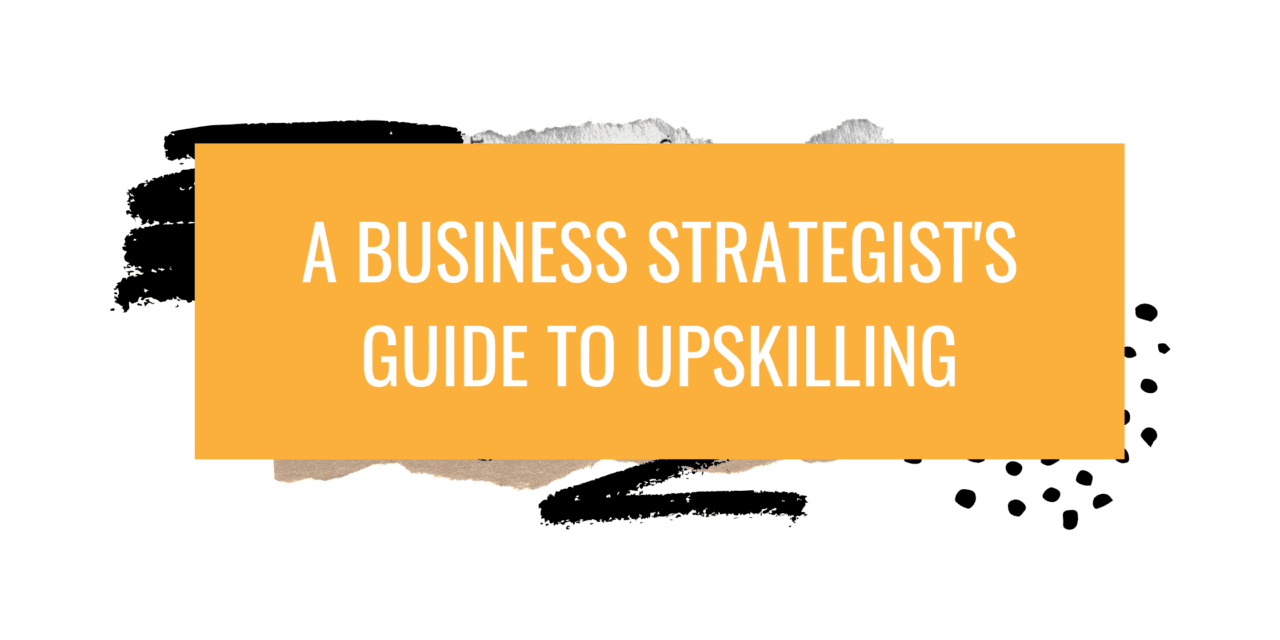Having the right people with the right skills in your business is key to growth. And in reality the skills of both your staff and your leadership team need to evolve along with changing technology and increasing customer expectations.
So, how and when should you upskill within your business, and what are the benefits when you do?
The upskilling reality
A recent survey by PriceWaterhouse Coopers (PwC) found 78 per cent of Australian CEOs saw a skills shortage within their enterprise as the key threat to growth.
That figure had increased significantly in the year prior when only 71 per cent identified skills shortages as a threat.
PwC also noted 60 percent of Australian adults are concerned new technology trends like automation are putting they jobs at risk.
And they are ready to learn new skills in response – 69 per cent of adults said they are prepared to learn new skills or completely retrain in order to improve their future employability.
That said, only 23 per cent of people indicated upskilling is happening within their workplace, which leaves a massive void that business owners and leaders can fill by offering the opportunity to upskill on the job.
How and when to upskill
Defining how and when to upskill is a process involving working out what skills are required and how to deliver training in a cost-effective manner.
Skills required
PwC found the major challenge to upskilling within the workplace was defining the skills that might be required in the future.
This involves having a long-term view of your business, including the innovations which are likely to take place in the future.
Training initiatives
Training for this innovation is an investment, but one that’s likely to pay off in terms of your business growth and staff retention.
That means every business should consider their training strategy, ensuring upskilling takes place regularly through continuous training, including personal development days, access to courses and partnerships with relevant training organisations.
Talent retention
When you have the required skills in your workplace and training initiatives to further hone them over time, the challenge then shifts to talent retention.
In other words, how will you keep the skilled staff you have invested in? This comes down to recognising skills within the workplace through remuneration and reward, creating a culture that’s too good to leave, and providing a career development path within your business.
The upskilling benefits
- Taking the time to upskill your staff and create a strategy within your business has multiple rewards:
- It allows for growth and innovation within a business
- Eliminates the threat of competition
- Provides your staff with career paths that offer opportunity, engagement and challenge
- Positions your business as a provider of solutions
- Creates a culture where people want to become part of your business, and then plan to stay
The final word
In any business, staff are often both the key asset and the key liability. Ensuring they have the opportunity to meet the needs of your business and skills challenges in the future is an investment, but it’s one that no business owner can afford to overlook.
Arm your staff with solid skills for today and tomorrow and you are creating a business that’s primed to seize opportunity and capitalise upon it in the years ahead.
Meanwhile, upskilling should be part of your general business strategy, and if you’re looking to learn more about creating a growth strategy for your business, you can reach out to me here.
Talk Strategy with Clive
With more than 30 years’ experience in mentoring small to medium-sized businesses around Australia. Clive works with company owners and their teams to grow their business and achieve goals through startegic coaching.









